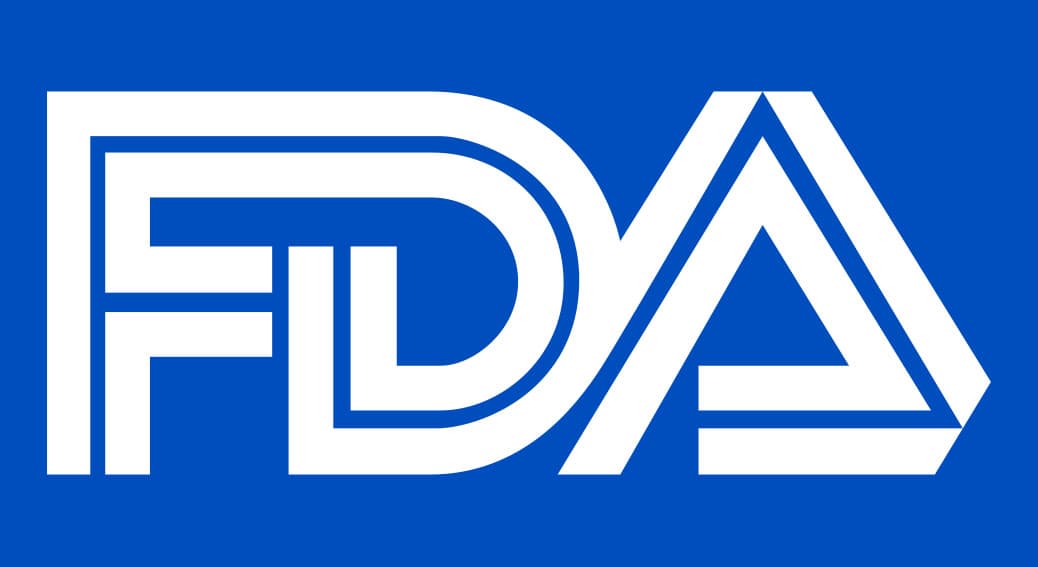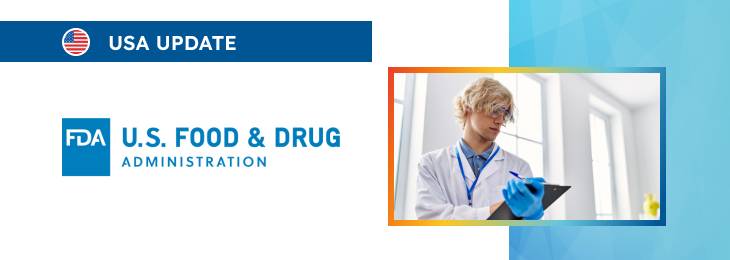The new article pays attention to the general questions associated with Q-Submissions that medical device manufacturers may use to request additional feedback from the authority before submitting an actual application for marketing approval.

Table of content
The Food and Drug Administration (FDA or the Agency), the US regulating authority in the sphere of healthcare products, has published a revised draft guidance document dedicated to the Q-Submission program introduced to provide medical device manufacturers and other parties involved with the opportunity to obtain substantive feedback from the authority.
Once finalized, the guidance will provide non-binding recommendations and clarifications to be considered by the relevant stakeholders to ensure compliance with respective regulatory requirements.
At the same time, it is important to mention that FDA guidance documents are non-binding in their legal nature, nor are they intended to introduce new rules or impose new obligations.
Moreover, the authority explicitly states that an alternative approach could be applied, provided such an approach is in line with the existing legal framework. It has been agreed with the authority in advance.
In particular, this guide aims to elaborate on various aspects of FDA interactions, mainly focusing on Submission Issue Requests (SIRs), Study Risk Determinations, Informational Meetings, and PMA Day 100 Meetings.
Submission Issue Requests (SIRs)
According to the guidance, Submission Issue Requests (SIRs) serve as a formal request for feedback from the FDA, addressing specific concerns highlighted in various types of hold letters.
These include marketing submission hold letters, CW hold letters, IDE Letters, and IND Clinical Hold letters. The primary aim of SIRs is to facilitate a constructive dialogue between the FDA and the submitter to expedite the resolution of identified issues, thus allowing projects to progress efficiently.
SIRs are applicable for a range of submission issues, including:
- Requests for additional information for 510(k)s, De Novo requests, CWs, and Duals.
- Significant deficiencies and other conditional approvals for PMAs and HDEs.
- Complete Response Letters for BLAs.
It is important to note that SIRs should be used for something other than pre-reviewing formal responses or for issues where management involvement is unnecessary, such as minor clarifications or administrative concerns.
According to the applicable regulatory requirements, despite submitting an SIR, submitters must provide a formal response within the requested timeline, addressing any outstanding concerns without delay.

Study Risk Determinations
Another section of the guidance addresses the classification of medical device clinical investigations into significant risk (SR), nonsignificant risk (NSR), or exempt categories as per IDE regulations.
Sponsors are initially responsible for determining this risk and presenting it to the Institutional Review Board (IRB).
However, the FDA holds the final authority in confirming whether a study is SR or NSR, assisting sponsors, clinical investigators, and the IRB in this determination process.
Informational Meetings
Informational Meetings represent a unique opportunity for submitters to share updates and developments about medical devices with the FDA without expecting feedback.
These meetings are crucial for introducing devices with significant technological advancements and discussing future submission plans.
The primary focus during these meetings is on information exchange, with FDA staff engaging in clarifying questions but not providing direct feedback.
PMA Day 100 Meetings
The PMA Day 100 Meeting is a pivotal interaction occurring no later than 100 days after the FDA receives an original PMA application.
Its primary purpose is to discuss the application’s review status, including any identified issues and remedial actions.
Requests for such meetings can be made via the PMA application cover letter or as a separate Q-Submission.
During the meeting, discussions will take place around:
- General issues identified in the review process.
- Remedial actions and action plans.
- FDA review timetables and potential panel involvement.
- Post-approval study requirements.
Furthermore, it is essential to mention that these meetings are a platform for clarifying questions regarding Major Deficiency letters and discussing preliminary responses.
Conclusion
The present FDA guidance provides an in-depth overview of the key concepts associated with the Q-Submission Program. The document provides additional clarifications regarding various interaction types and explains the idea behind each of them.
How Can RegDesk Help?
RegDesk is an AI-powered Regulatory Information Management System (RIMS) designed to simplify global compliance for medical device companies. With regulatory intelligence covering 120+ markets, RegDesk helps you prepare and publish global submissions, manage standards, conduct impact assessments, and stay ahead of regulatory changes all from a single, centralized platform. Expanding into new markets has never been easier.

